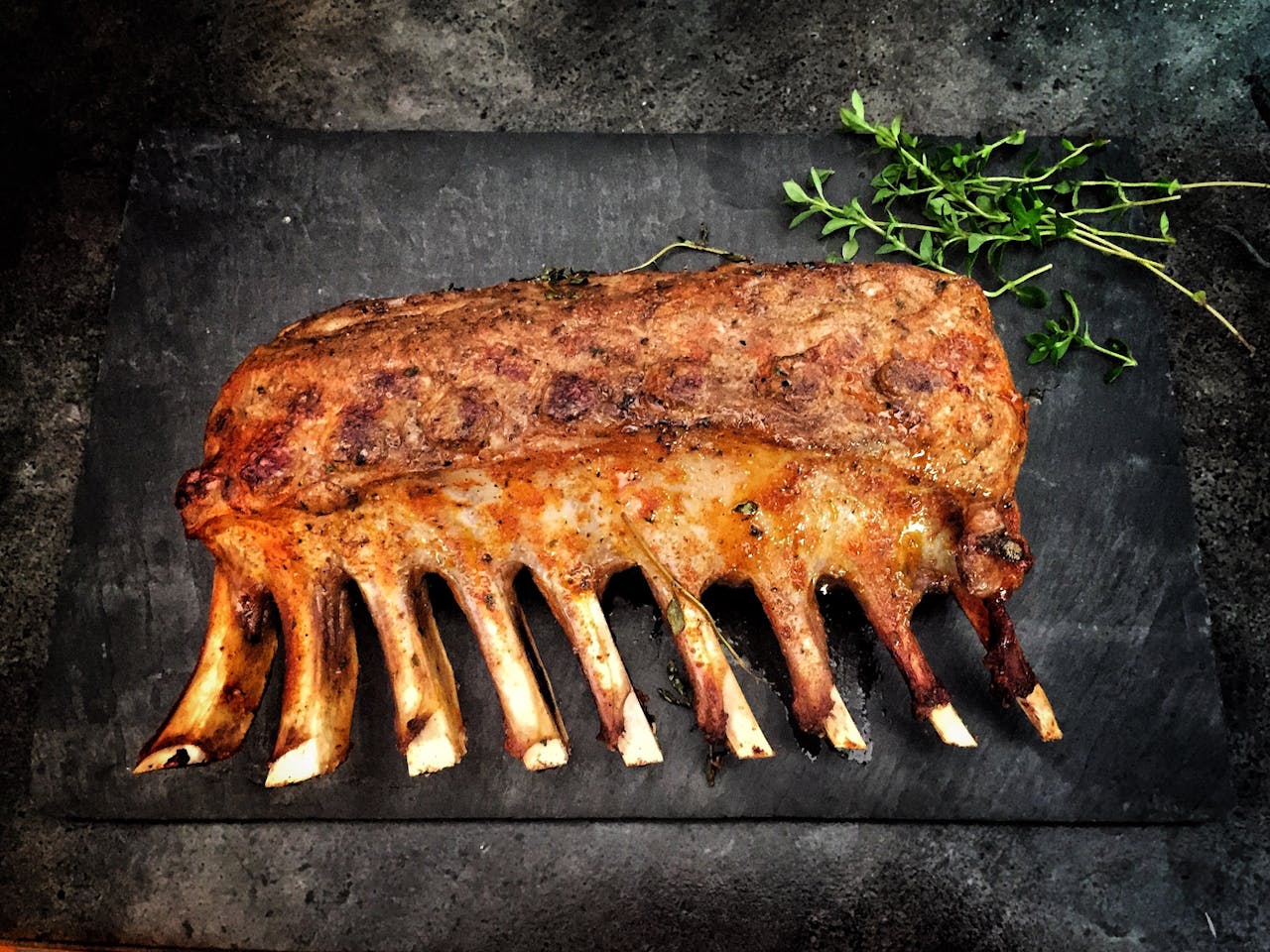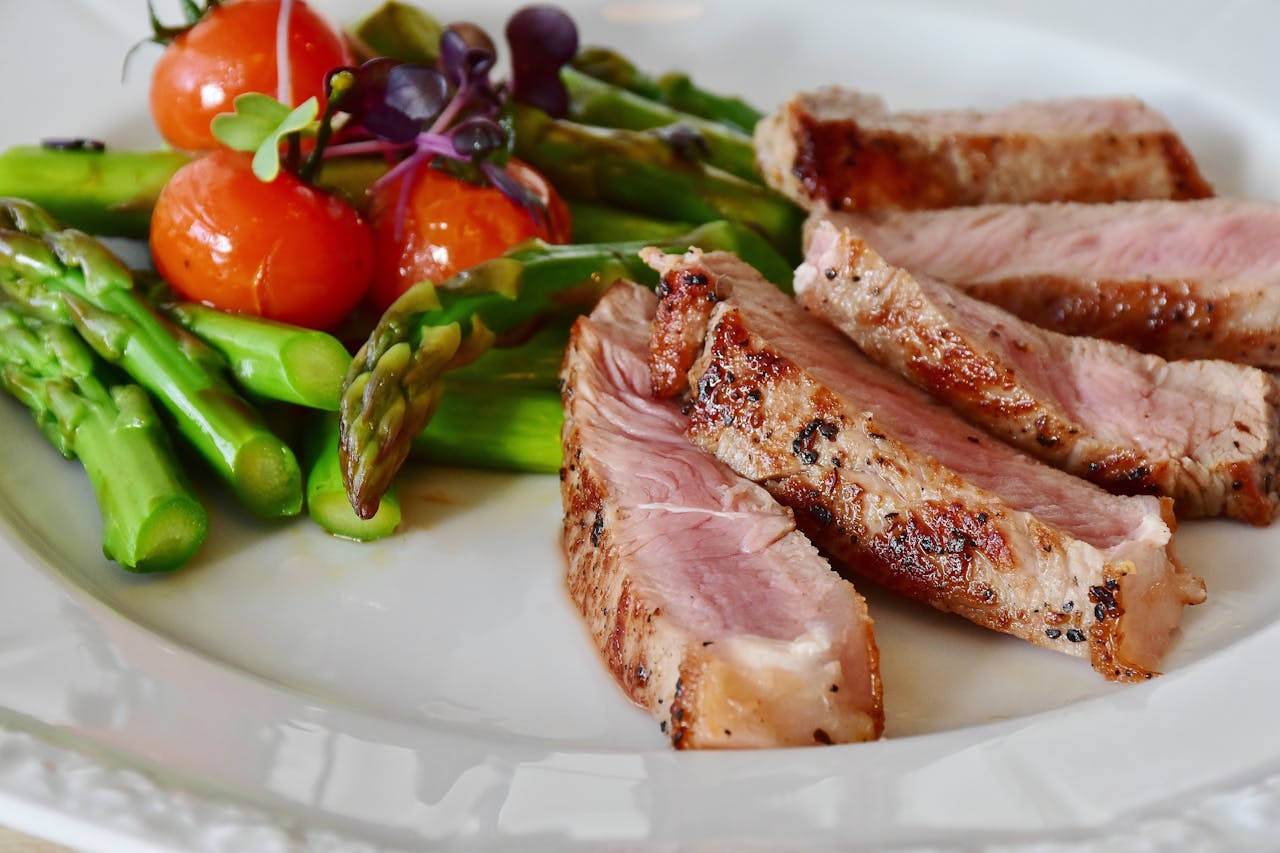Have you ever wondered if the meat on your plate is really what the label says? With food fraud on the rise, DNA tests have become a powerful tool for uncovering the truth about what we eat. DNA testing has exposed some shocking cases where consumers were served the wrong meat, from mislabeled fish to mystery meats in their favorite takeout. This matters to everyone who cares about food safety, ethical sourcing, and getting what they pay for. Whether you’re a budget-conscious shopper or a passionate foodie, knowing the real story behind your groceries can help you make smarter choices. Let’s dive into nine eye-opening times DNA tests revealed the truth about mislabeled meat—and what you can do to protect yourself.

Image Source: pexels.com
1. The Horse Meat Scandal in Europe
In 2013, Europe was rocked by a massive food fraud scandal when DNA tests revealed that beef products sold in supermarkets actually contained horse meat. This discovery led to widespread recalls and a public outcry, as many consumers felt betrayed by brands they trusted. The scandal highlighted the importance of DNA testing in the food industry and prompted stricter regulations across the European Union. If you want to avoid similar surprises, always check for reputable certifications and consider buying from local butchers who can trace their meat sources.
2. Sushi Restaurants Serving Mystery Fish
Love sushi? You might not always get what you order. Multiple studies have shown that up to 74% of fish sold as “white tuna” in U.S. sushi restaurants is actually escolar, a cheaper and potentially digestive-upsetting fish. DNA tests have repeatedly exposed this bait-and-switch, leaving diners feeling duped. To protect yourself, ask your sushi chef about sourcing and look for restaurants that are transparent about their suppliers.
3. Lamb Dishes Containing Beef or Chicken
Craving a lamb curry? DNA testing in several countries has found that some restaurants and takeout spots substitute beef or chicken for lamb to cut costs. A 2014 investigation found that nearly a third of lamb takeout dishes contained other meats in the UK. This not only cheats customers but can also pose health risks for people with allergies or dietary restrictions. When ordering lamb, choose reputable restaurants and don’t hesitate to ask questions about their meat sourcing.
4. Ground Beef with a Side of Pork
Ground beef is a staple in many households, but DNA tests have shown that it sometimes contains pork, especially in pre-packaged or processed products. This is a serious issue for people who avoid pork for religious or health reasons. To minimize your risk, buy whole cuts of meat and grind them yourself, or choose brands that are transparent about their processing practices.

Image Source: pexels.com
5. Venison That’s Actually Beef
Game meats like venison are often more expensive, making them a target for food fraud. DNA testing has uncovered cases where “venison” products were actually made from beef or other cheaper meats. If you’re paying a premium for specialty meats, buy from trusted sources and look for third-party certifications that verify authenticity.
6. Goat Meat Swapped for Mutton
In some regions, goat meat is a delicacy and commands a higher price than mutton. DNA tests have revealed that some vendors substitute mutton for goat, leaving customers none the wiser. If you’re shopping for goat meat, ask your butcher about their sourcing and look for whole cuts rather than pre-ground or pre-cooked options.
7. Chicken Nuggets with Hidden Surprises
Think chicken nuggets are all chicken? Think again. DNA testing has found that some nuggets contain other meats like pork or beef, fillers, and binders. This is especially concerning for parents wanting to know exactly what their kids eat. To avoid unwanted surprises, read ingredient labels carefully and consider making your own nuggets at home.
8. Turkey Products Containing Other Poultry
Turkey is a popular choice for health-conscious shoppers, but DNA tests have found that some turkey products actually contain chicken or other poultry. This mislabeling can be frustrating for those trying to stick to a specific diet. When buying turkey, opt for whole birds or cuts from reputable brands, and be wary of heavily processed products.
9. Imported Meat with Unlabeled Additions
Imported meats are sometimes subject to less stringent regulations, making them more susceptible to mislabeling. DNA testing has uncovered cases where imported meats contained unlisted animal proteins, raising concerns about food safety and transparency. To protect yourself, buy domestic meats when possible and look for products with clear labeling and traceability.
Why DNA Testing Matters for Every Shopper
DNA testing has become an essential tool in the fight against food fraud, helping consumers make informed choices and hold companies accountable. By staying informed and asking the right questions, you can reduce your risk of being served the wrong meat. Remember, knowledge is power—especially when it comes to what’s on your plate.
Have you ever suspected you were served the wrong meat? Share your story or thoughts in the comments below!
Read More
9 Retail Giants Accused of Data Breaches Compromising Customer Privacy
10 Exotic Foods That Are Hiding in Your Grocery Store Right Now

